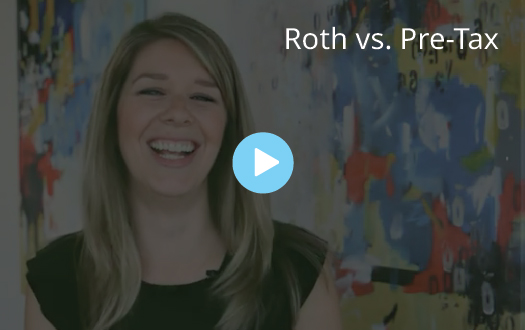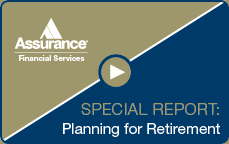10 Cybersecurity Tips for Retirement Accounts
In general, the technology used by the retirement industry is secure, and plan providers have multiple safeguards in place to prevent cyber criminals from accessing accounts. However, these simple tips are things you can do to help you keep your account safe.
- Set up online access with login credentials. Prevent hackers from attempting to impersonate you by setting up your login credentials. Accounts with online access and login credentials established are generally more secure. Additionally, having online access will allow your provider to contact you as soon as any unusual activity occurs.
- Check your account often. Regularly checking your account allows you to stay alert and aware of all account activity.
- The more requirements, the better. As tedious as it is, having a multi-factor authentication is one of the best ways to protect your accounts.
- Keep your account information updated. Make sure your home address, email, and phone numbers are all up to date. This will make it easier for your provider to verify that it’s you and not someone pretending to be you.
- Use a passphrase instead of a password. The stronger and more obscure your password is, the harder it will be for hackers to guess it. A passphrase is 3-5 words or numbers that are unrelated but meaningful to you. For example, a line from a movie, song, or any other quirky combination of words and numbers would work.
- Set up alerts. Get notified of any strange activity, transactions, or any changes made to the account by setting up alerts. If you were not the one who made those transactions or changes, you can report it immediately.
- Understand common fraud schemes. Hackers have many tricks, such as embedding emails with malicious links. Do not click or download anything from an email without verifying that it is safe. You can hover over the link to see the actual URL, and there are numerous other ways to spot red flags in email and text correspondence. In general, financial institutions are not going to ask you do things directly through email and text links.
- Do not share your login credentials with anyone. Never enter or share your login credentials with anyone or on any website, other than directly into the website you are accessing your account through (and not from a link in a text or email)
- Avoid free Wi-Fi. Secure networks are exactly that…secure. Using free Wi-Fi puts you at higher risk of getting hacked. The ensure that a network is secure, look for a padlock next to the network name.
- Monitor your credit report. A yearly examination of your credit report can help keep you aware and avoid being a victim of identity theft. If you are, you can freeze your credit to prevent hackers from opening accounts in your name.



